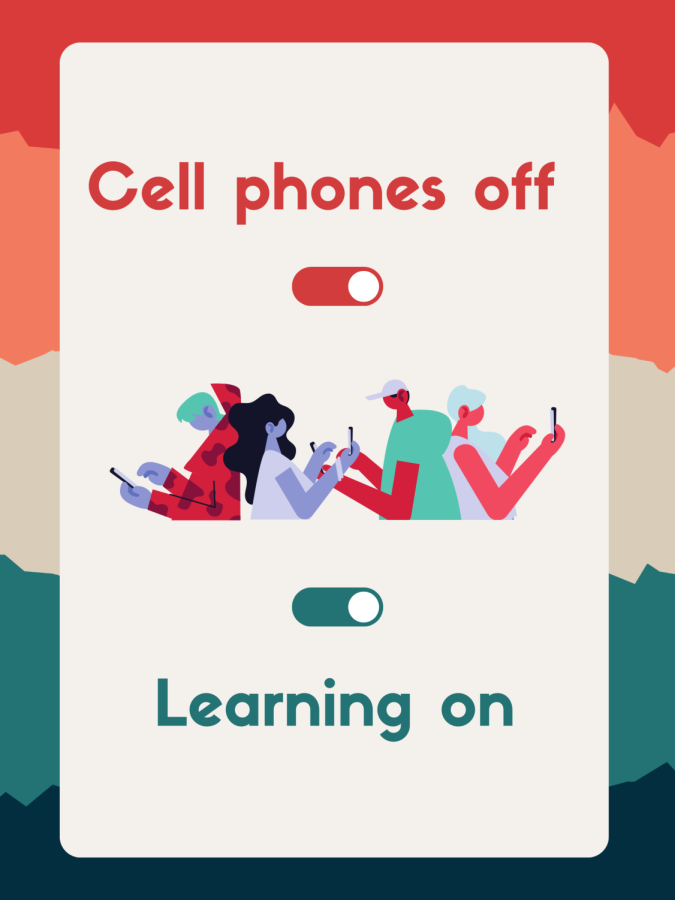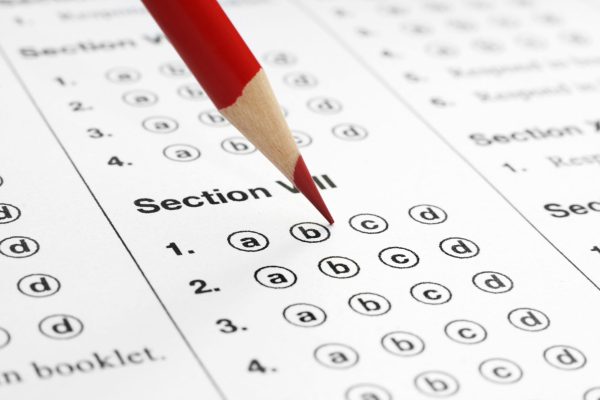Powering down on screen time
Our modern lives have been taken over by technology. We spend nearly seven hours a day on our phones playing games and using social media apps such as TikTok, Twitter, Instagram and Snapchat. Not only does spending too much time on our phones have mental effects, but it has physical effects as well. The main question is should we limit our screen time and how?
The obvious answer is that we should cut back on our screen time. As entertaining or fun as it may be to scroll mindlessly through TikTok for hours every day (not), it can be extremely harmful to your health. Spending too much time on your phone can harm your eyesight, strain your neck and even increase the risk of diseases such as diabetes and obesity. It has also been demonstrated during studies that increasing screen time causes lack of focus, depression and anxiety. This can be very significant in your adolescent years as we are still developing. Your phone may be addictive, but it has a major impact on your well-being, and there are numerous ways to help you manage your screen time better.
Keep track of your screen time.
Most devices have features that can help you track your daily and weekly average screen time. They display your most frequently-used apps and allow you to block specific apps or set time limits to ensure you don’t spend too much time on them. If your device does not have this feature, there are many free apps available such as ‘Opal: Screen Time For Focus’ and ‘Freedom – Block Distractions.’ Tracking screen time can help ensure that you are not spending more time than necessary on your device.
Disable all unnecessary notifications.
Notifications can be a distraction, and it’s difficult to focus when you constantly have a notification popping up on your screen. If you don’t want to disable your notifications, you could always keep your phone faced down and out of reach to avoid the temptation to check it. This method is also something that teachers like to see their students use in class and has helped me focus on a lesson or any work that I may need to finish.
Make a phone-free zone.
A phone-free zone is self-explanatory. This space could be a designated area or time, such as a specific class, work, during conversations, when you’re with friends or family, etc. Having a phone-free zone ensures that you are not distracted from any interactions or activities that you need in your life.
Of course, these are just a few helpful tips and there are many other ways to get into the habit of spending less time on your phone. Developing these healthy habits can and will take time, but it won’t take long for you to notice improvements and taking these steps will pay off. You may notice a change in mood, such as an increase in happiness, as you begin to normalize less screen time, which will keep you motivated to continue making these improvements.

Abbey Huffer is a senior at Independence High School. This is her fourth year in journalism and third year writing for her school's newspaper. She was...











